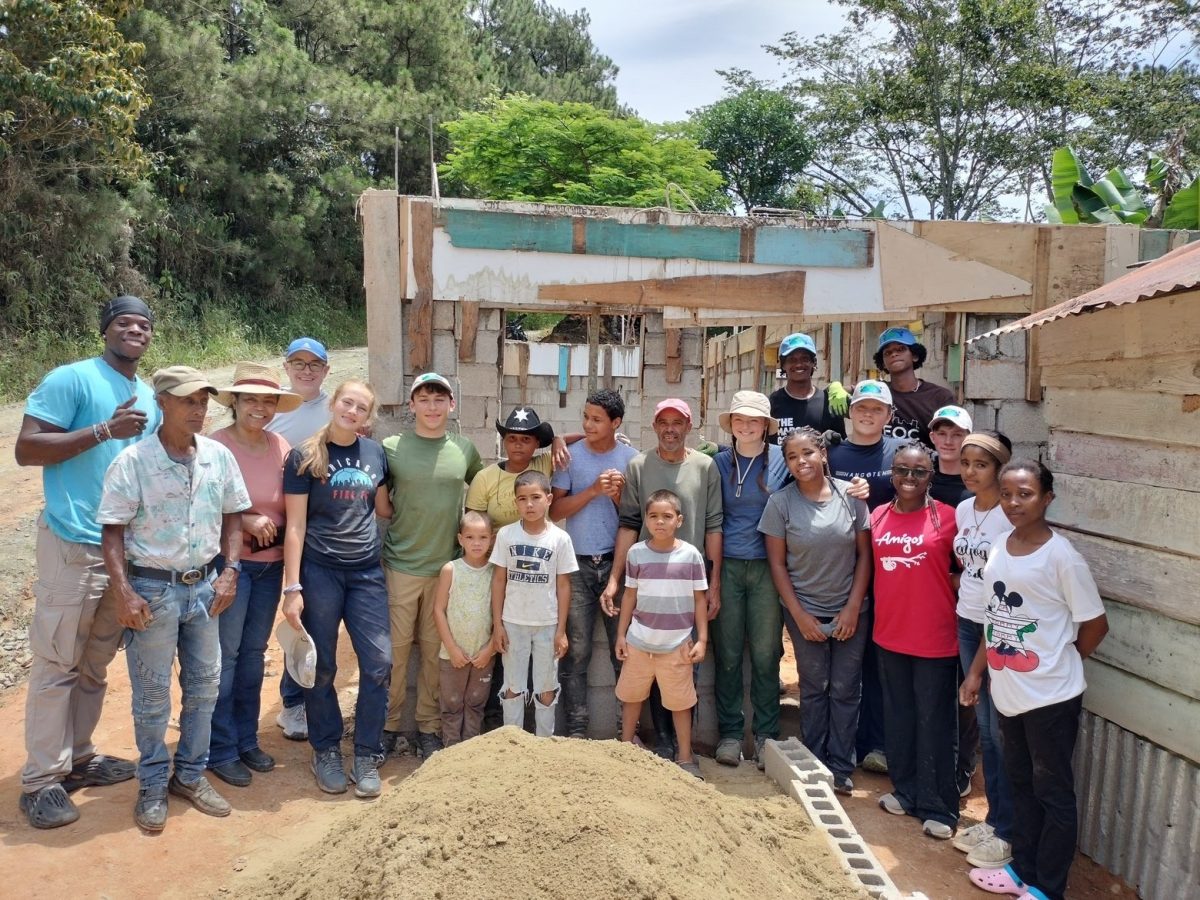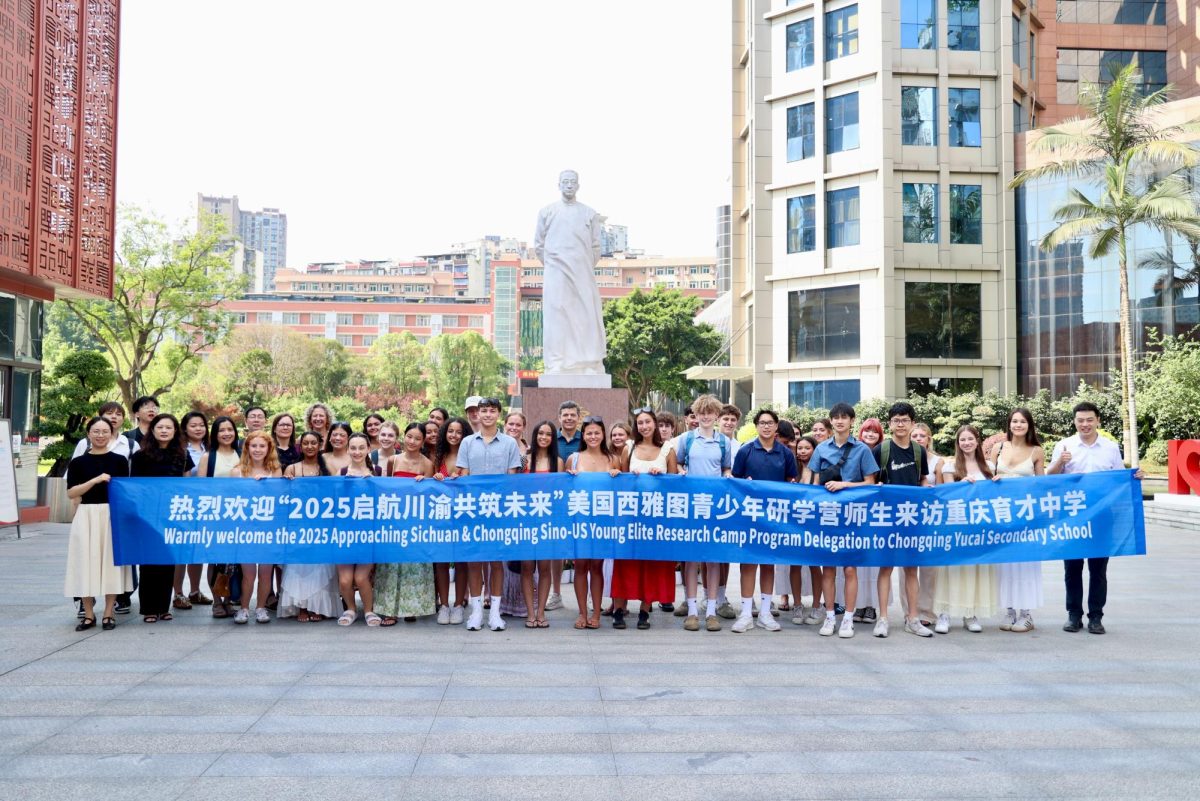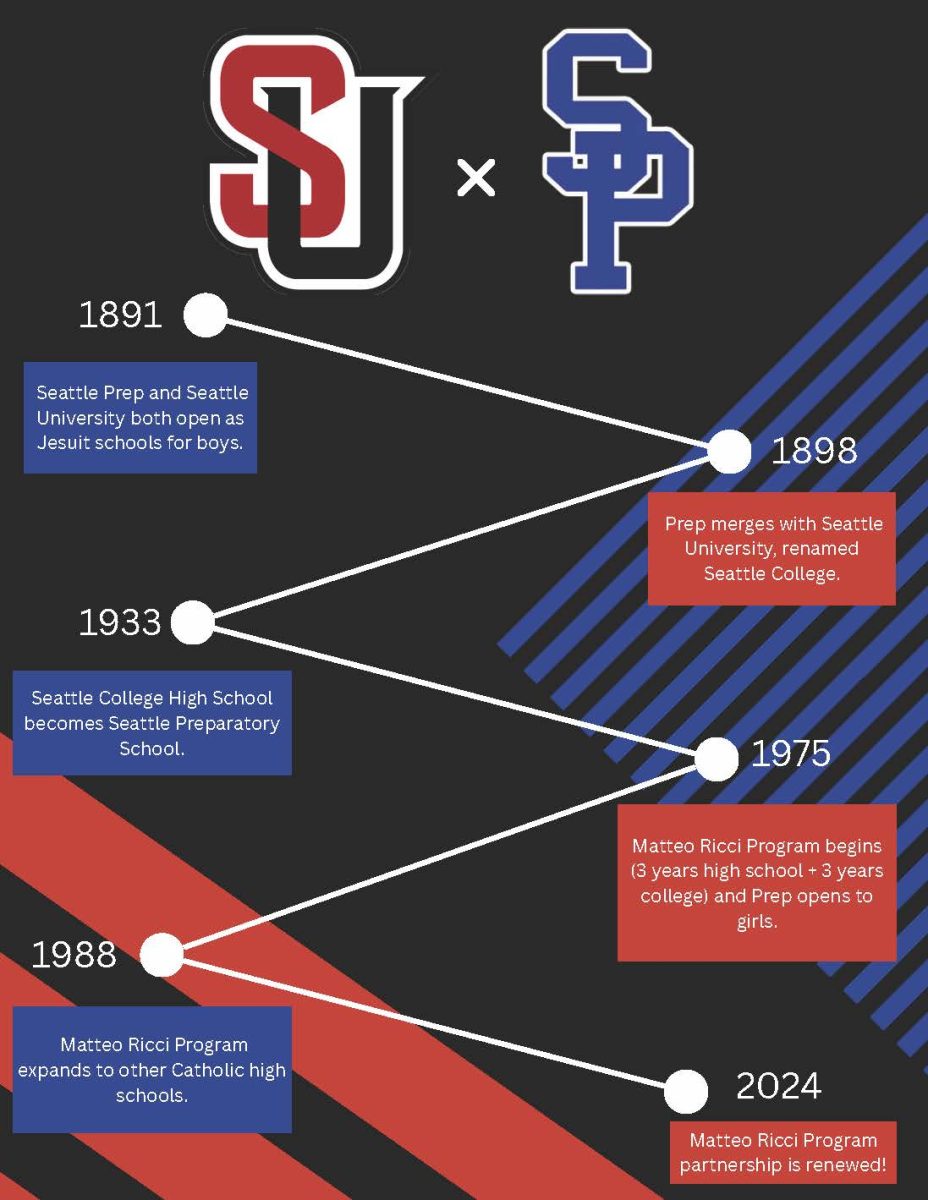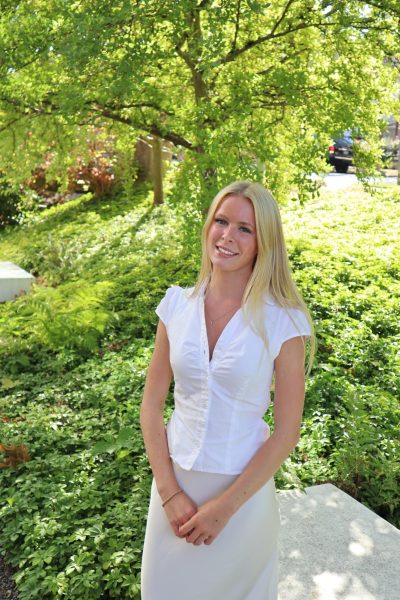As springtime approaches, the rush for sophomore students to prepare for their United Nations Assembly intensifies. Beginning in February, each year, sophomores become UN delegates for the country of their choosing, researching the history of their country and the current conflicts within it. Delegates from each country are then put into specific committees, each of which chooses a current global conflict to focus on and find a resolution for. This year, these conflicts ranged from the humanitarian crisis in Haiti to the Water Crisis in Sub-Saharan Africa and the Myanmar Refugee Crisis. These resolutions will be presented and voted upon when students participate in a mock UN General Assembly in late May, where delegates will vote on the proposed resolutions from each committee.
While this tradition of UN has served Prep for many decades, global conflicts in the Middle East as of late, pose a new layer of work students must put into the project. During the first step in the process of UN, students can choose between more neutral countries like France and Poland or countries such as Russia and Israel which are more active and disputable in current events. Delegates of more controversial countries have had to stay on top of these current events to grasp an accurate stance on their country’s fundamental views and international relationships.
To accurately respond to any resolutions that are proposed in the UN Assembly this May, student delegates must consider all beliefs and values of the country, as well as any allies and foes it may have. Sophomore History teacher Cait Slack, described this to be the difficulty of UN, “Part of the challenge of UN is for students to portray and stand for countries when they don’t necessarily agree with the methods those countries are taking and how they treat their citizens.”
Students representing more disputable countries, such as Iran, Russia, and Israel, reflected on their personal experience with UN so far and how they have stayed up to date with global relationships. Many shared the belief that having a country so present in recent news has actually made UN easier. Emerson King ‘26, a delegate of Iran, talked about how Iran’s relevance in recent events has given her a more accurate stance on what the country believes and how they respond to certain acts, “The turmoil between Iran and Israel and their allies gives a clear idea of my country’s stance and what their relationship status is with other countries.”
Lauren Fridgen ‘26, another delegate of Iran, agreed, saying, “The recent news makes us able to have a strong opinion and understanding of our country, so when the actual UN day comes, we will be able to get up and confidently represent our country.”
Having a country heavily involved in international events requires students to do research on these topics to grasp a better understanding of their country. Using new sources such as the New York Times and CNN are popular and credible resources. Social media including TikTok and Instagram, also provide news updates through current and efficient summaries of what is unfolding. “The easiest way for student to stay informed,” Slack said, “is to find a method that works for them in terms of keeping up to date, whether that be following new sources on social media or listening to news podcasts on their way to school.”
As the date for Model UN veers closer, sophomores may find it easy to feel overwhelmed by the workload and the global turmoil amongst the countries being represented. In order to stay on top of current event coverage and UN assignments, take advantage of the news updates offered online and don’t be afraid to ask for advice and aid from teachers and other students.






